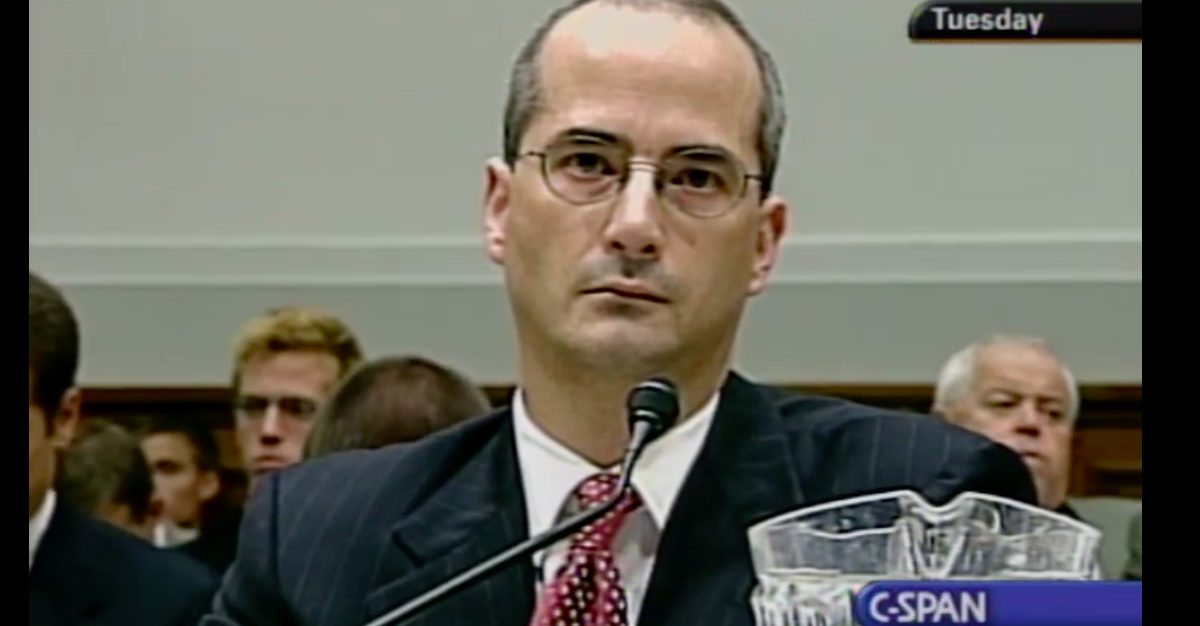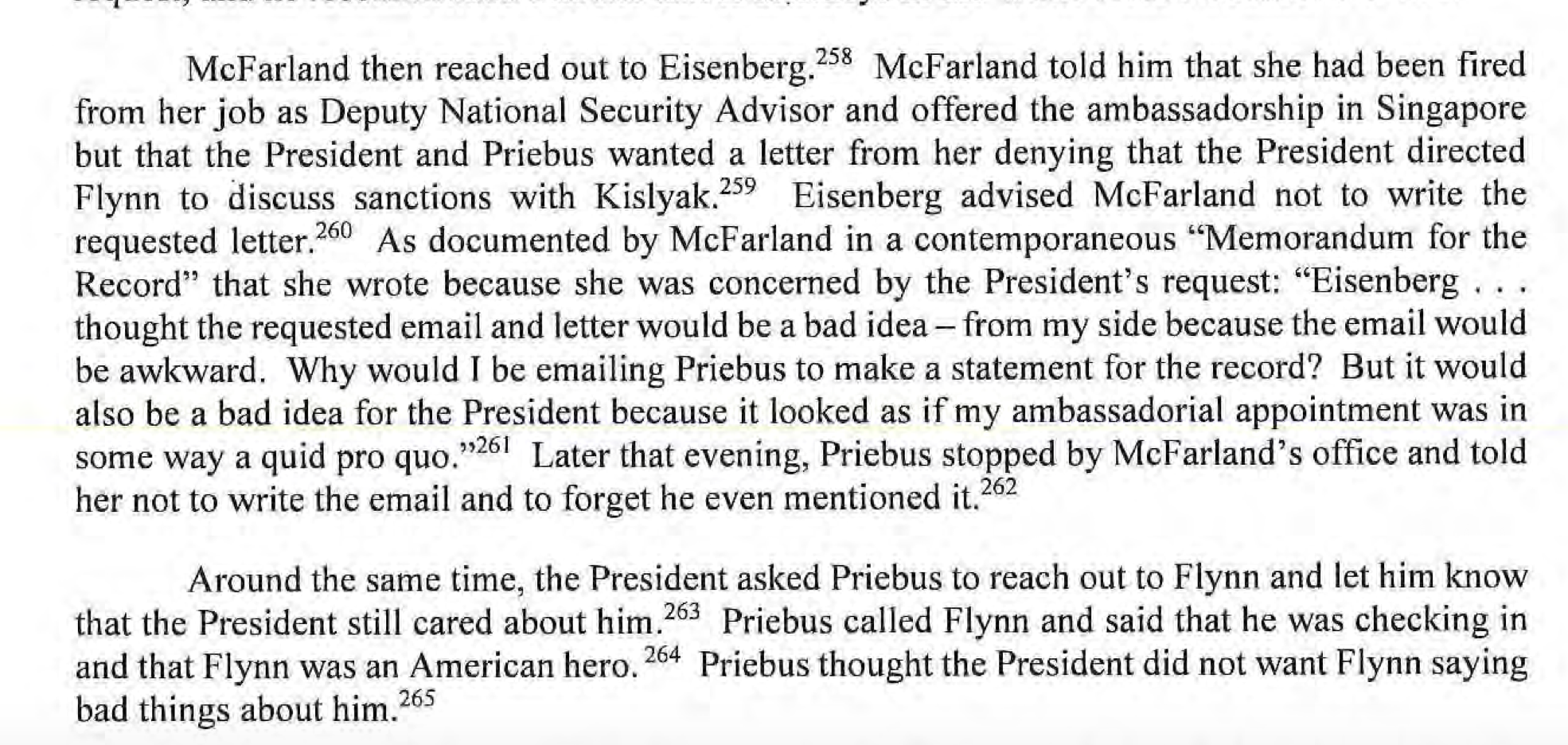
The National Security Council (NSC) attorney who decided to restrict access to President Donald Trump’s controversial phone call with Ukrainian president Volodymyr Zelenksy by placing it on a highly classified codename-only server is expected to testify before House impeachment investigators Monday.
The Washington Post on Wednesday evening reported that deputy White House counsel John Eisenberg was the first official to propose moving the evidence of the call to the separate server after being told about the content of it.
According to the report, the NSC’s top Ukraine expert Lt. Col. Alexander Vindman testified Tuesday that after hearing Trump pressure Zelensky to investigate a political opponent, he immediately reported the disturbing behavior to Eisenberg (the administration’s legal advisor on national security issues) and told him the president’s conduct was wrong.
Two people familiar with Vindman’s testimony reportedly told the Post that in response to the concerns Eisenberg “proposed a step that other officials have said is at odds with long-standing White House protocol: moving a transcript of the call to a highly classified server and restricting access to it.”
Vindman’s testimony was reportedly the first eyewitness account tracing the decision to move the transcript directly back to Eisenberg. House investigators will likely want to know what motivated Eisenberg to move the transcript.
“The conduct of Trump’s White House lawyers is a disgrace to the profession,” former director of the U.S. Office of Government Ethics (OGE) Walter Shaub said in response to the report Thursday. “[The Post]says John Eisenberg’s response to learning of Trump’s misdeed was to move the record of it to a super-secret system. Imagine putting ‘experienced in cover-ups’ on your resume.” Shaub worked in the OGE during Barack Obama’s presidency; he resigned from his post in July 2017, as NPR noted at the time, due to “clashes with the White House over issues such as President Trump’s refusal to divest his businesses and the administration’s delay in disclosing ethics waivers for appointees.”
Eisenberg, who’s been with the administration since Trump’s inauguration, previously worked at Kirkland & Ellis, attorney general William Barr’s former law firm, and also served in George W. Bush’s Justice Department. The picture of him above dates back to a 2006 hearing on warrantless wiretapping. Eisenberg was then Deputy Assistant Attorney General at the DOJ’s Office of Legal Counsel (OLC).
OLC Assistant Attorney General Steven Engel recently praised Eisenberg in comments to Politico.
“John is a brilliant and careful lawyer,” Engel said. “It’s no coincidence that he’s been at the White House through four national security advisers and three White House counsels.”
“New folks come in and they know that he’s a guy they want to keep on because they can rely on his judgment and his integrity,” he added. “John is a careful lawyer of high integrity, and based on my past work with him, I have every reason to think that he would deal with the situation appropriately as it arises.”
In the same story, an anonymous former administration official said, “If there are any buried bodies, Eisenberg knows where they are.” Other unnamed former NSC colleagues called Eisenberg a “classic lawyer” and “extremely paranoid.”
Eisenberg’s name also came up in former special counsel Robert Mueller’s report (page 43 of Volume II) on Russian interference in the 2016 election.
As noted by independent journalist Marcy Wheeler, the Mueller report states that Michael Flynn’s former deputy national security advisor K.T. McFarland was fired and offered an ambassadorship in Singapore if she wrote a letter denying that the president directed Flynn to discuss sanctions with Russian ambassador Sergey Kislyak.

“As documented by McFarland in a contemporaneous ‘Memorandum for the Record’ that she wrote because she was concerned by the President’s request: ‘Eisenberg . .. thought the requested email and letter would be a bad idea-from my side because the email would be awkward. Why would I be emailing Priebus to make a statement for the record? But it would also be a bad idea for the President because it looked as if my ambassadorial appointment was in some way a quid pro quo,’” the report said.
[image via CSPAN screengrab]